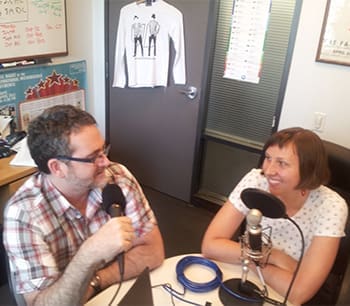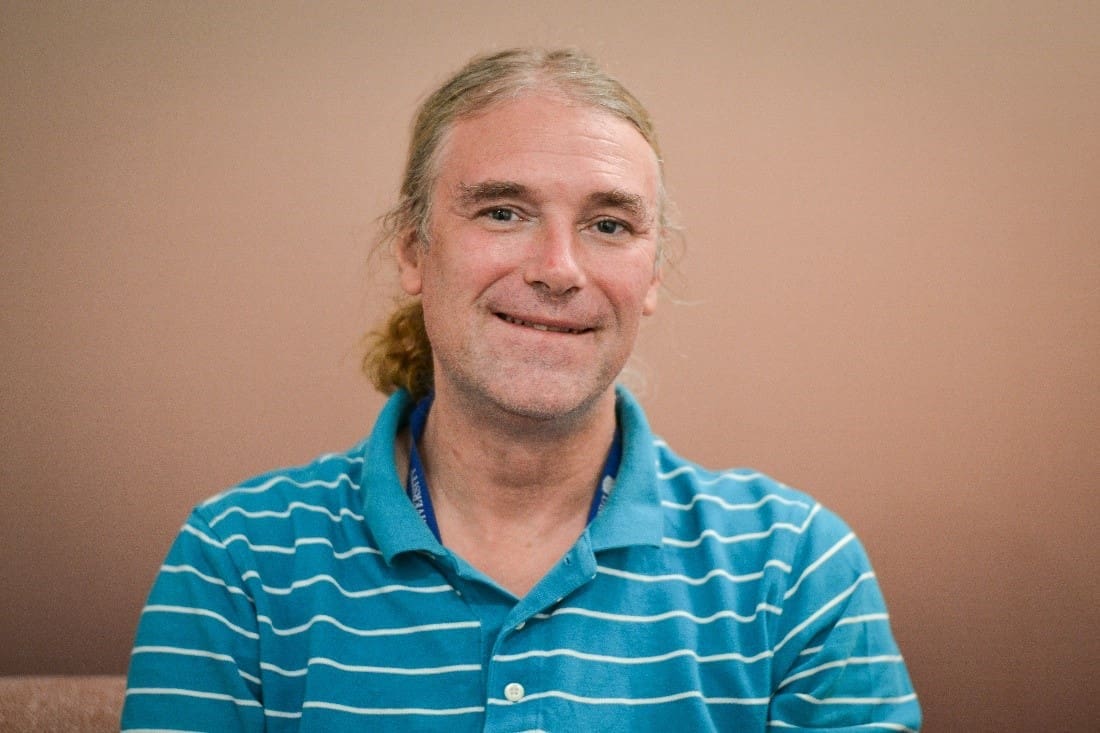
Mapping Pathways recently released a landmark report that urges local communities to prevent HIV by considering strategic use of antiretroviral drugs.
That can be a confusing statement, so let’s unpack it. Antiretrovirals (ARVs) are medications used to treat HIV; however, doctors can also prescribe them to prevent HIV.
When people take ARVs before they are potentially exposed to HIV, this practice is called PrEP (pre-exposure prophylaxis). When drugs are taken after a potential exposure, it’s called PEP (post-exposure prophylaxis), which prevents the virus from taking hold.
There are, however, barriers to accessing these prevention methods. PEP has been around for quite some time and still, very few people know about it. PrEP, on the other hand, is practically brand new, so we are learning how to educate communities and provide access.
Mapping Pathways is a community-led research project on the strategic use of ARVs for HIV prevention. It involves RAND Europe, the AIDS Foundation of Chicago, and other partners in India, South Africa, and the United States.
The group engaged more than 1,000 community respondents with an online survey and interviewed several dozen leaders, including policy experts, program implementers, health care professionals, and advocates. Participants rated the importance of various ARV-based prevention strategies, shared their perspectives regarding barriers to implementation, and suggested ways to make informed decisions about ARV-based strategies.
Community members in each country consistently agreed they must address three key challenges in order to maximize the prevention potential of ARV drugs:
• First, structural issues, such as proximity to appropriate health care and other social determinants of health, affect access to ARVs, and these are as important as individual-level behaviors.
• Second, policymakers, funders, and prevention programmers need more information about implementation, in order to determine what mix of ARV-based prevention strategies, if any, are appropriate.
• The third challenge is to adapt ARV-based prevention strategies for local contexts, as reflected in the book’s foreword by Archbishop Desmond Tutu (“All science is local”).
AIDS Foundation of Chicago’s Jim Pickett and Jessica Terlikowski, who have worked on the Mapping Pathways project since its inception in 2011, have recorded a series of short podcasts to discuss various aspects of ARV-based prevention as inspired by the report.
Below are the first three episodes in the podcast. You can also visit the Mapping Pathways website for future podcasts and to read the report.


